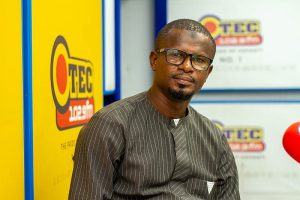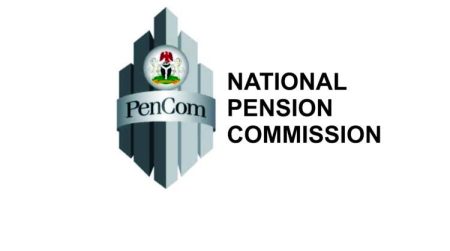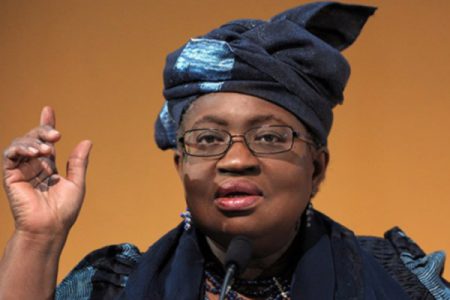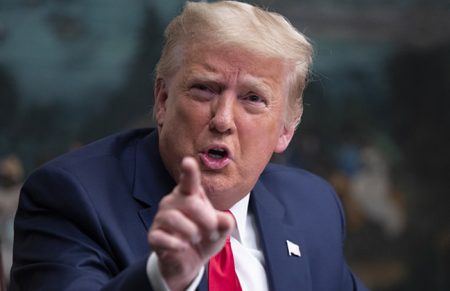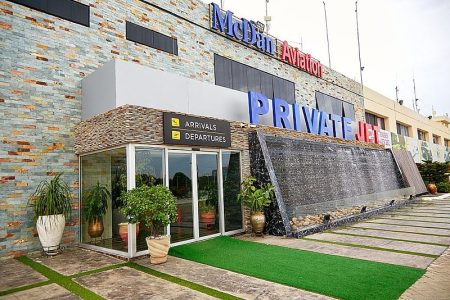The Nigerian National Petroleum Company Limited (NNPCL) and government officials from Bauchi and Gombe states are engaged in a public disagreement regarding the progress of oil exploration at the Kolmani integrated oil field. While the NNPCL maintains that the project is ongoing and part of a broader strategy to expand exploration in Nigeria’s northern basins, state officials express concern over the perceived lack of tangible progress since the field’s inauguration in 2022. This discord highlights the complex interplay between national energy ambitions, local expectations, and the challenges of resource development in a politically sensitive region.
The Kolmani oil field, straddling Bauchi and Gombe states, holds significant promise for boosting Nigeria’s oil production. However, the pace of development has become a point of contention. Government officials from both states have publicly voiced their anxieties, citing the absence of significant activity at the site for over two years. They emphasize the urgent need for full-scale oil lifting to commence, bringing the anticipated economic benefits to their communities. This urgency reflects not only the states’ fiscal interests but also the heightened expectations created by the initial fanfare surrounding the project’s launch.
In contrast, the NNPCL insists that exploration activities at Kolmani, along with other exploration efforts in the North, remain on track. The company points to ongoing projects in Borno and Nasarawa states as evidence of its commitment to exploring the region’s hydrocarbon potential. Specifically, the NNPCL highlights post-drilling tests being conducted at the Wadi-2 well in Borno State and drilling operations at the Ebenyi-1 well in Nasarawa State. This strategic communication aims to reassure stakeholders and deflect criticism regarding the apparent stagnation at Kolmani.
The divergent narratives presented by the NNPCL and the state governments underscore the communication gap surrounding the Kolmani project. State officials, driven by local pressures and the desire to witness tangible progress, are seeking clear and demonstrable evidence of ongoing work at the Kolmani site. Their public pronouncements serve as a mechanism to pressure the NNPCL to accelerate development and provide concrete updates on the project’s timeline. Meanwhile, the NNPCL, focusing on the broader picture of northern exploration, attempts to allay concerns by highlighting activities in other areas, potentially overlooking the specific anxieties related to Kolmani.
The NNPCL’s emphasis on broader northern exploration aligns with its strategic objective of diversifying Nigeria’s oil production and boosting its OPEC quota. The company frames its efforts within the context of the Petroleum Industry Act, highlighting its role in ensuring national energy security and promoting economic growth. By showcasing activities beyond Kolmani, the NNPCL seeks to demonstrate its commitment to a comprehensive exploration strategy, even as it faces scrutiny over the pace of development at the specific site in question. This strategy aims to position the company as a responsible steward of national resources while managing expectations regarding individual projects.
The ongoing debate surrounding the Kolmani oil field highlights the intricacies of resource development in Nigeria. Balancing national energy goals with local expectations requires effective communication and transparent engagement between stakeholders. While the NNPCL’s assertion of ongoing exploration activities across the northern region may be factual, addressing the specific concerns of Bauchi and Gombe state governments regarding the Kolmani site is crucial to building trust and ensuring the project’s long-term success. The future of the Kolmani oil field, and indeed the broader success of northern exploration, hinges on bridging this communication gap and fostering a collaborative approach to resource development.


